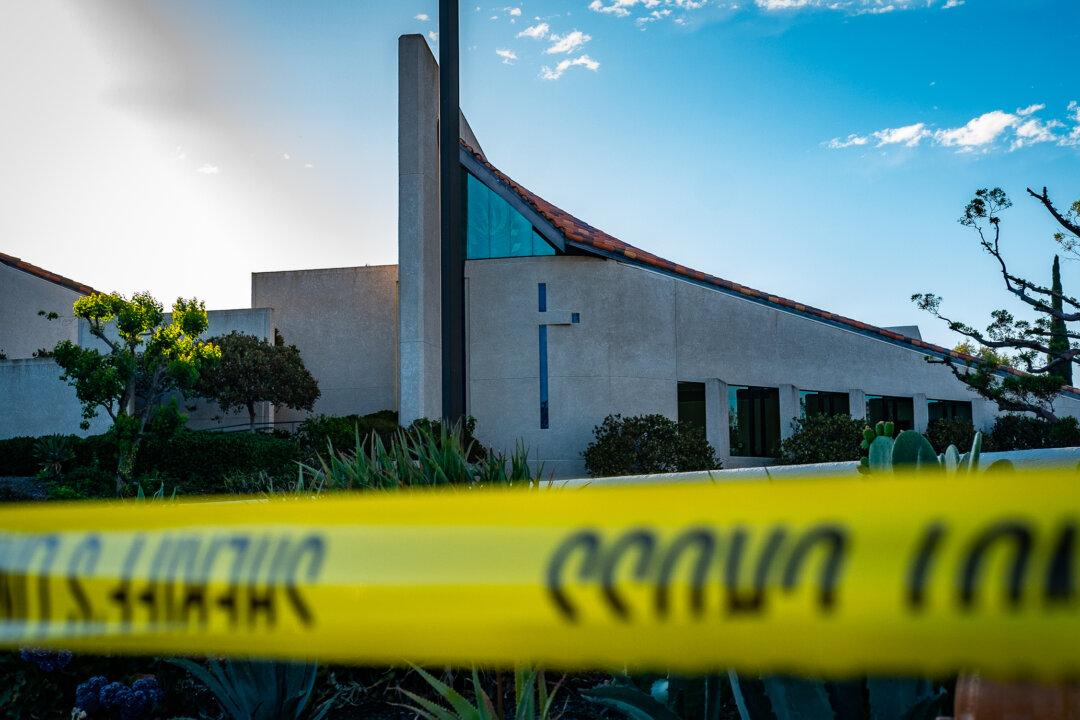Nearly six years after murdering a high school football player at 15 years old, a convicted first-degree murderer in California could be granted early release through the assistance of Senate Bill 1391.
Through SB 1391, minors can’t be tried as adults no matter the crime they commit, making them eligible to be released from jail at the age of 25 with a clean criminal record.




